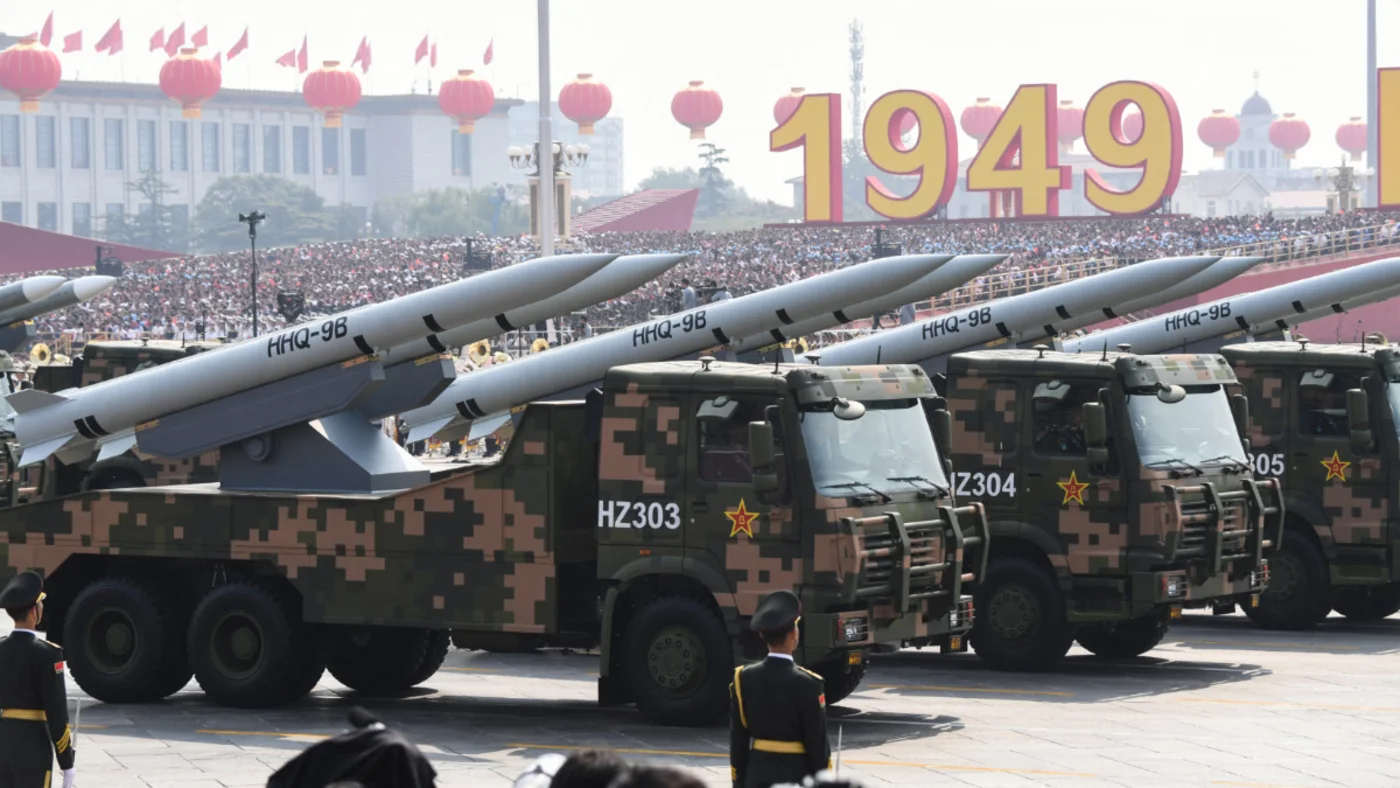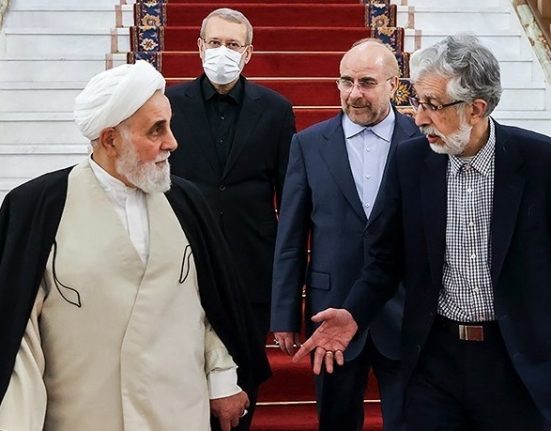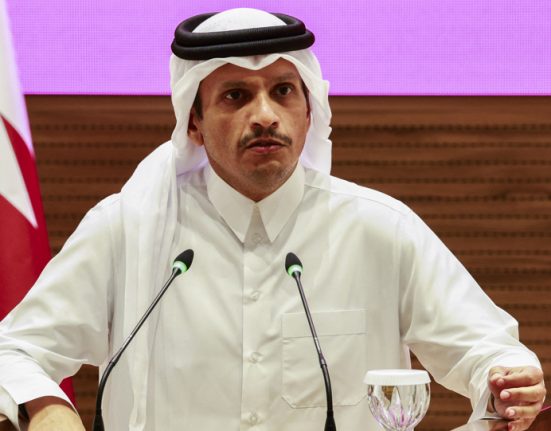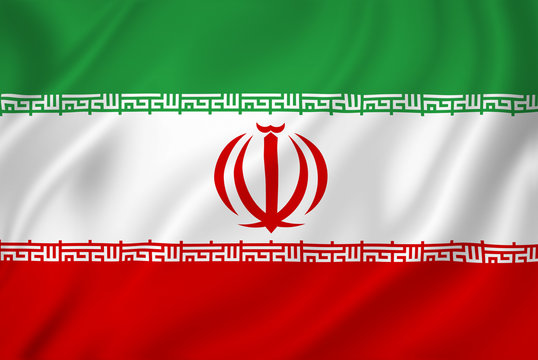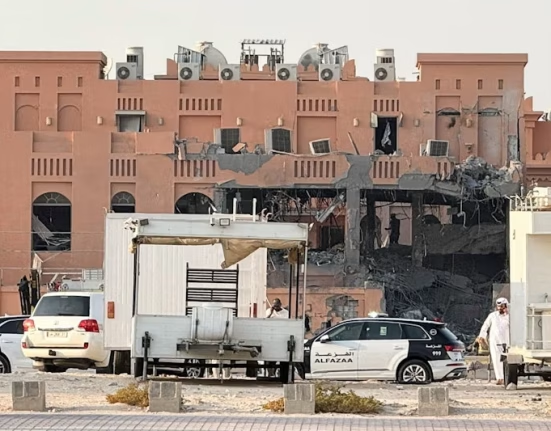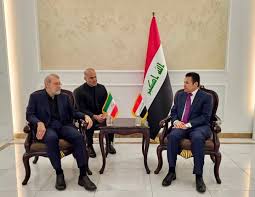In a development that has stirred fresh conversations within global defense circles, the Iranian government has confirmed the receipt of advanced surface-to-surface missile batteries from the People’s Republic of China. The delivery marks a deepening of military-technical cooperation between the two nations, both of which have continued to strengthen ties in recent years despite mounting international scrutiny.
According to reliable defense sources and state-run media in Tehran, the newly acquired missile systems are part of a broader effort by the Islamic Republic to fortify its national defense infrastructure in the face of what it describes as “persistent regional threats and foreign aggression.” Though Iranian authorities have refrained from disclosing the exact models and range of the missile batteries received, analysts suggest the weaponry is likely to include precision-guided systems capable of reaching targets at medium to long-range distances.
The announcement was followed closely by a declaration from Iran’s Ministry of Defence indicating ongoing negotiations to procure an even larger cache of ballistic missiles from Beijing. Iranian officials say the fresh acquisition plan is a proactive measure to enhance deterrence capabilities and protect national sovereignty, especially amid growing tensions with Western powers and regional rivals.
“This is a legitimate and strategic step toward safeguarding the territorial integrity of the Islamic Republic,” a senior Iranian military official was quoted as saying. “We are committed to bolstering our defense systems through partnerships that respect our sovereignty and long-term interests.”
China, a key player in Iran’s evolving military strategy, has maintained strong diplomatic and economic ties with Tehran, despite global sanctions and criticism. While Beijing has not officially confirmed the extent of its arms dealings with Iran, the Chinese government has consistently defended its right to engage in international military cooperation under international law.
Observers believe this growing alliance between Tehran and Beijing could recalibrate the balance of military power in the Middle East, particularly as Iran continues to resist pressure from the West over its missile programme and nuclear ambitions. Western governments, including the United States and several EU nations, have repeatedly voiced concerns over Iran’s missile acquisitions, viewing them as a destabilizing factor in an already volatile region.
However, Iranian leaders remain resolute in their position, asserting that the country’s missile programme is non-negotiable and purely defensive in nature. With the latest transaction and plans for further purchases already in motion, Tehran appears committed to expanding its military capabilities through strategic international partnerships, even as geopolitical tensions remain high.

